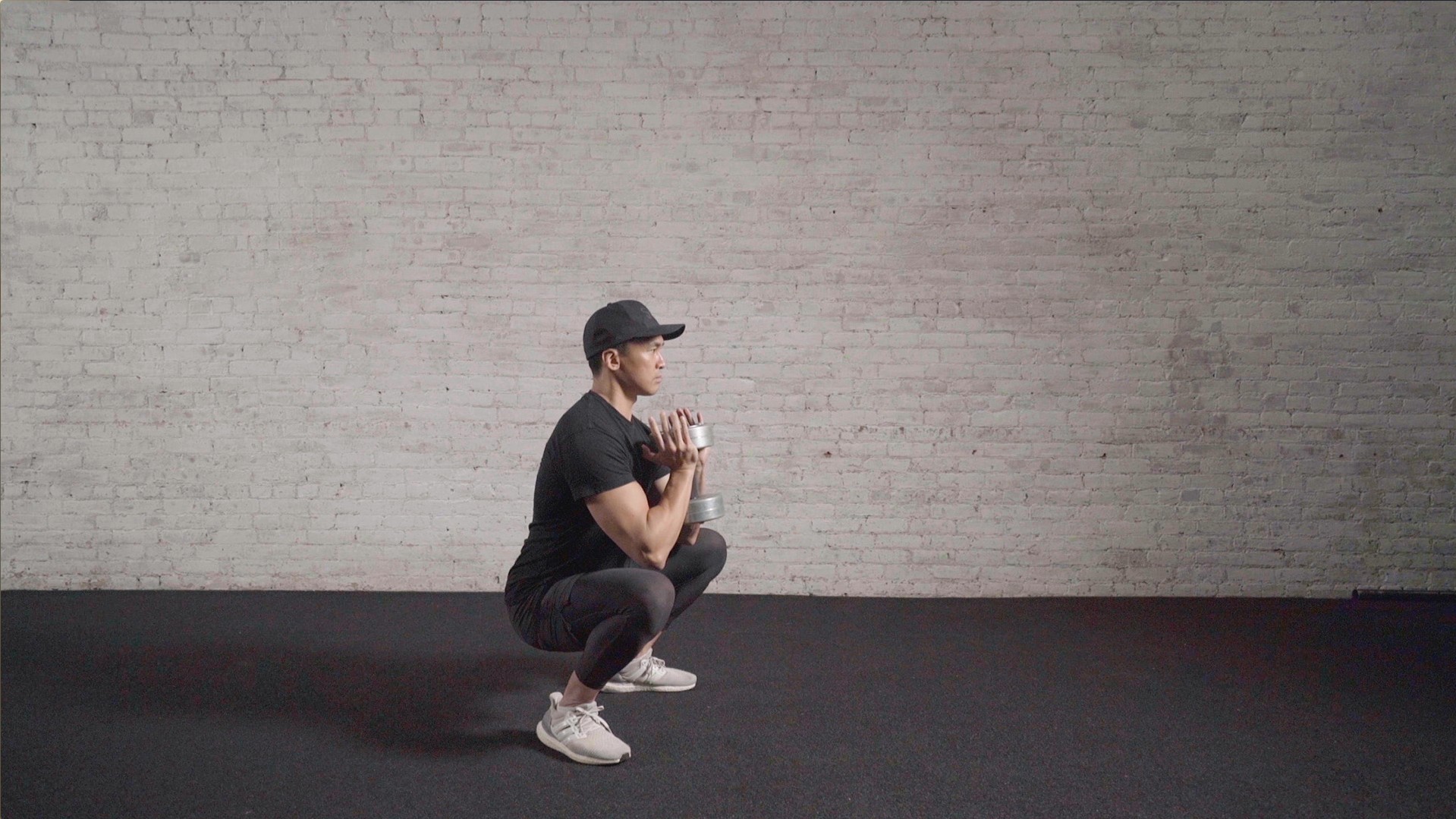Drazen_/Getty
Being a wellness editor means crossing paths with an endless array of fitness professionals. They all sit on different points of the spectrum of body positivity. This is a gentle way of saying that some of them are focused on their clients’ strength, endurance, and the progress of their individual goals while others just worship at the Church of Jutting Pelvic Bones.Weight loss is a perfectly acceptable goal of fitness, especially if it’ll improve a person's overall health. But some of the things I see on social media and hear from a trainer’s mouth are not about about health. They’re straight up body-shaming images and rhetoric.I recently came upon an IG post from a respected trainer with a huge following; it was a before and after split shot of a woman in a bikini. In the first one, she was already thin with vaguely visible abs on a small frame and a small albeit present butt. The after shot—14 days and negative eight pounds later, the post boasts—shows an emaciated woman with her actual ribs showing. First things first: In most cases, it is neither necessary nor advisable to drop eight pounds in two weeks.Even if this client asked specifically for this result, these are not the body goals we need to be advertising to twenty thousand followers that include impressionable young people (not just women, even though we experience body shaming disproportionately). It got me thinking about how important it is to me to have a body-positive trainer—someone who never utters the words “beach body” to me. Someone who can help me look like I lift but also like I don’t say no to a slice of cake when it’s offered. And on a more universal level, someone who not just accepts but embraces body types that don’t match the fitness world’s construct.
More from Tonic:
I asked two trainers with a combined experience of 20 years of body-positive training (be impressed; they're both young) what you should be aware of if you’re trying to get fit without body shaming or a focus on weight loss. Here are their red flags:“If they’re initially caught up in the scale or on measurements—that’s a red flag,” says Maillard Howell, managing partner and coach at CrossFit in Brooklyn and a personal trainer. “Later on down the line when you want to really start fine tuning, yes. But the primary focus should be on performance.” Measuring a waistline and taking before pictures—if that’s not something you specifically ask for—is too intrusive, Howell says. “It starts instilling bad habits. There’s then this pressure to weigh in less next week. When that happens, the first thing some people do is stop eating.”Howell expresses to me how many trainers—especially “loosely qualified” trainers—make the mistake of subconsciously encouraging eating-disorder culture. “I am forever telling my clients: If you want to lose weight, you have to eat. If you want to gain weight, you have to eat. You have to change what you’re eating, but you have to fucking eat.”“Even if a client comes to me with an initial goal of losing weight, I immediately shift their focus to defining performance-based benchmarks—squatting their bodyweight, performing a solid push-up or pull-up, improving their speed and balance,” says Saysha Heinzman, a New York City-based personal trainer, powerlifting coach, and strength/hypertrophy specialist. “This allows the client to be more rational and objective about training and less emotional about perceived body-image issues.”The bottom line here is that before shoving you onto a machine that calculates your body mass percentage (BMI), a trainer should ask you what you’re looking to get out of the sessions, long- and short-term. Both trainers I spoke to for this story emphasized that one of the biggest mistakes a trainer can make while setting the tone for a relationship is assuming that their client wants a pilates body and nothing else.Does your potential new trainer just not work with a diverse group of people, or is he or she only interested in displaying a "cookie cutter" image of a fit body? Neither of those options are great.“Some trainers cherrypick who they work with or who they feature. Being skinny or having an amazing BMI doesn’t equate you to being an amazing athlete,” Howell tells me. “I have a client—if you went by BMI, you’d say she’s overweight—but she can run with the best of them. She can give you a killer 400 meters over and over. She can lift her own body weight but she doesn’t look like one of these bony [models]. I think it’s important to show off these athletes as well.” Howell stresses that you can come to him as a “regular person” and do amazing things.On race: The wellness industry already reeks of privilege; we don’t need further perpetuation of the idea that taking care of our bodies and minds is only for rich white people. Also, we know that people have various cultural perspectives on what the ideal body looks like so it’s better for everyone’s mental health—and, frankly, for trainers’ businesses—to reflect that variety.Sign up for our newsletter to get the best of Tonic delivered to your inbox.
Advertisement
More from Tonic:

I asked two trainers with a combined experience of 20 years of body-positive training (be impressed; they're both young) what you should be aware of if you’re trying to get fit without body shaming or a focus on weight loss. Here are their red flags:
Red Flag: They emphasize weight and size in their first meeting with you
Advertisement
Red Flag: They focus on instant gratification
“Watch out for trainers who use words like ‘detox’ and ‘cleanse’—your liver usually does a great job with this already—and the ones who focus on quick initial weight loss,” Heinzman says. “If you adjust your eating habits and start focusing on hydration and movement, it will be pretty easy to lose five pounds. But scale weight is a highly inconsistent and inaccurate measure of overall health and progress.”Heinzman tells me that some people are fueled off of the instant gratification of quick weight loss—which is often water and waste rather than actual fat—but don’t adjust their habits in a sustainable way. “So once the scale stops moving, they can get frustrated, slip back into unhealthy habits, and abandon consistent training," she says. "However if you establish consistency initially, you set people up for a higher rate of success.” And aside from the long-term success, emphasizing a quick fix pushes the idea that your body is so grotesque that you need to hurry the hell up and change it. (It’s not and you don’t.)
Advertisement
